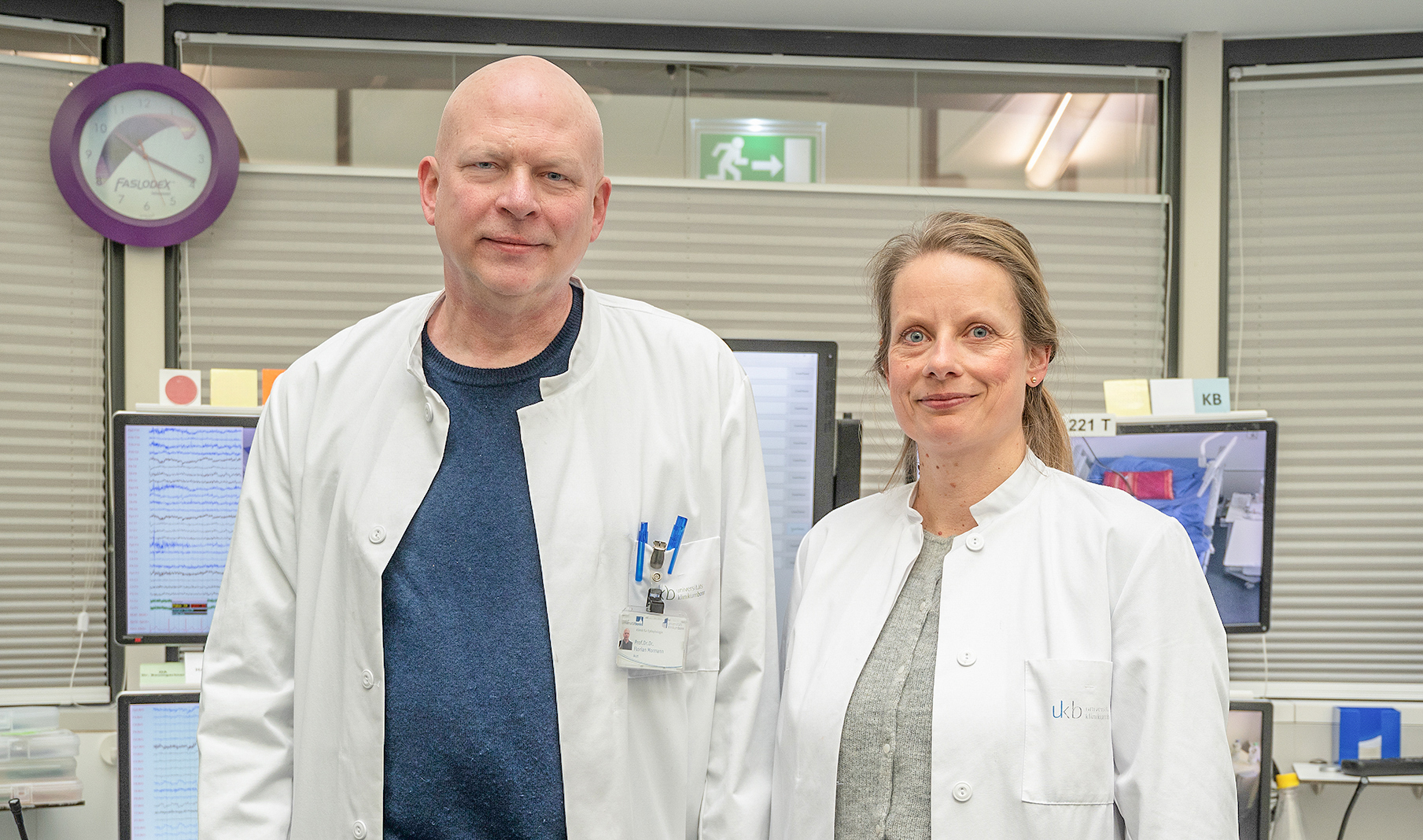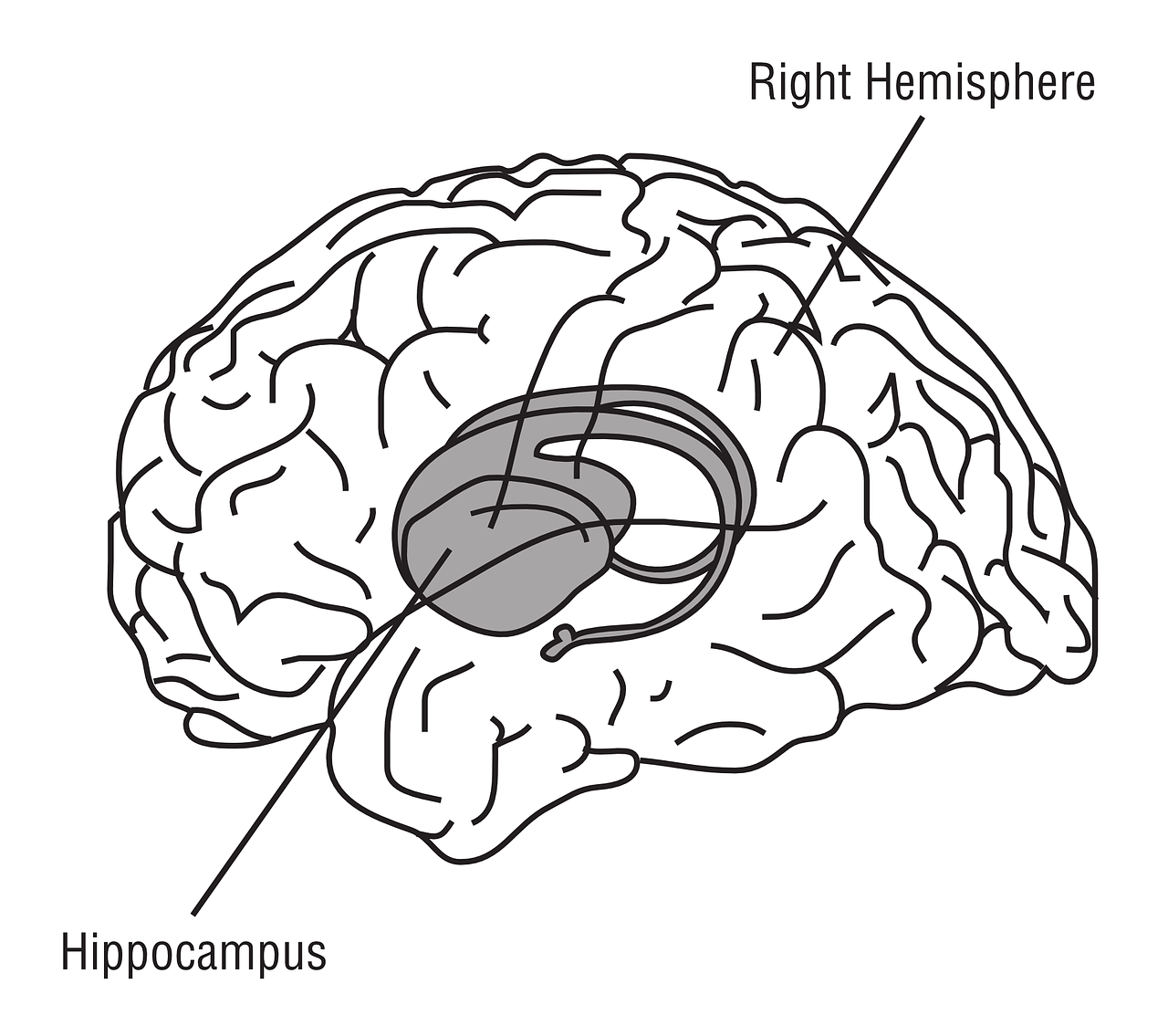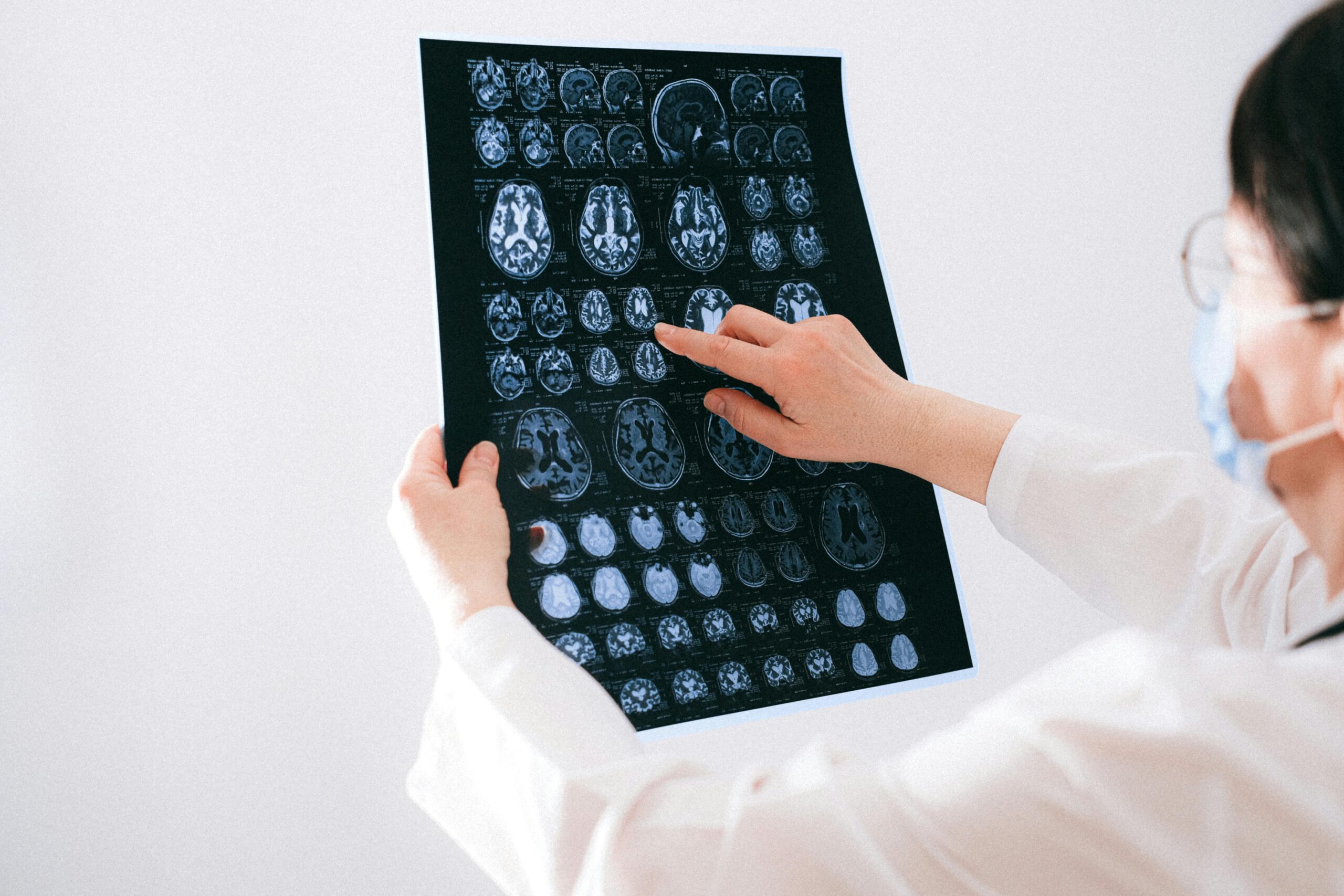Kategorie: Neuroscience
-

Deciphering the sequence of neuronal firing
How does the brain retain a sequence of events in memory? Researchers from the University Hospital Bonn (UKB), the University of Bonn, the University Hospital Tübingen and the University of Tübingen investigated this question. Using a unique measurement technique with implanted electrodes in the human brain, they were able to test a widely accepted theory…
-

Sleep keeps memories fresh Neural patterns reorganize during sleep to boost recollection
Why is sleep so important for learning and memory? Neuroscientists from the Csicsvari group at the Institute of Science and Technology Austria (ISTA) provided new insight into this essential function by monitoring neuronal activity in rat brains for up to 20 hours of sleep following spatial learning. Central to the findings are reorganizations of neuronal…
-

The brain moves when we do. DFG funds cooperation on place cells and spatial learning
Researchers from Magdeburg and Erlangen are jointly investigating how our brain learns to orientate itself in spaces and store memories. At the Leibniz Institute of Neurobiology (LIN), scientists are analysing how neurons in the hippocampus control our spatial learning. To do this, they record in fast motion what happens in the brains of mice while…
-

Two brain areas in competition
Researchers at Ruhr-Universität Bochum have investigated how two areas of the brain influence the nature of memory content. The team from the Department of Neurophysiology showed in rats how the locus coeruleus and the ventral tegmental area permanently change brain activity in the hippocampus region, which is crucial for memory. The influences of the two…
-

Sport leaves its mark on the brain
At the turn of the century, the renowned brain researcher Manfred Spitzer published several books. A result of active brain research since the 1990s. In one of his books, ‘Learning’, Spitzer describes how human movement leaves traces in the brain. Spitzer vividly describes walking through a park that is covered in snow and through which…
-
Brain prevention – how loneliness damages the brain
Vorsorge Gehirn – wie Einsamkeit dem Gehirn schädigt, Tirol Heute, 25.02.2025 It has been proven that loneliness can damage the brain, according tothe expert panel of the Innsbruck Medical Faculty. Lonelinessis just as serious as cigarette smoking, they add. We areWe are people who live with and from relationships. No wonderthat we become ill when…

